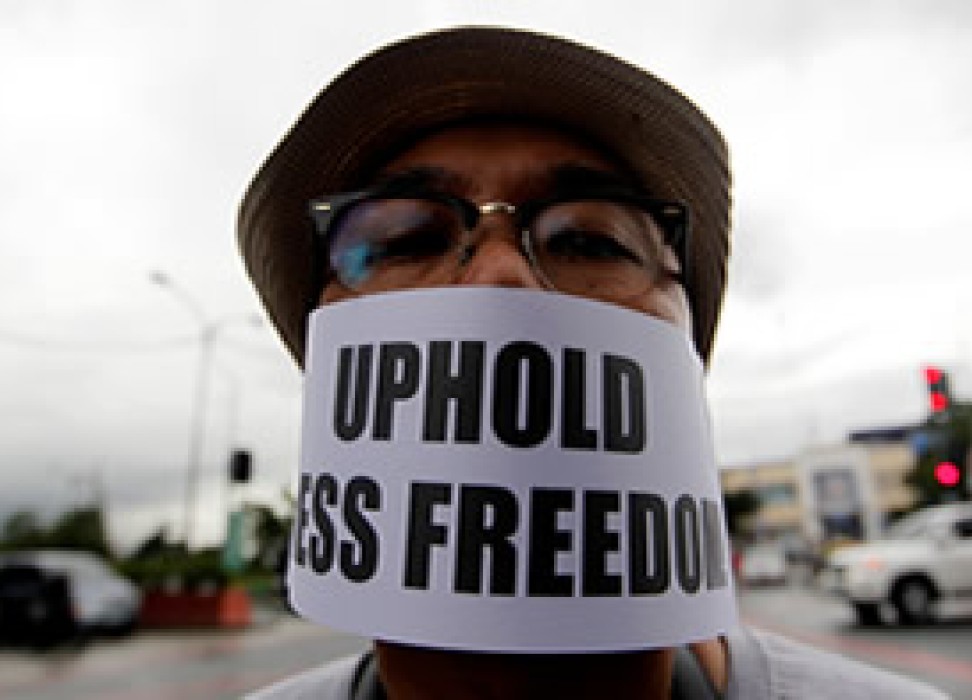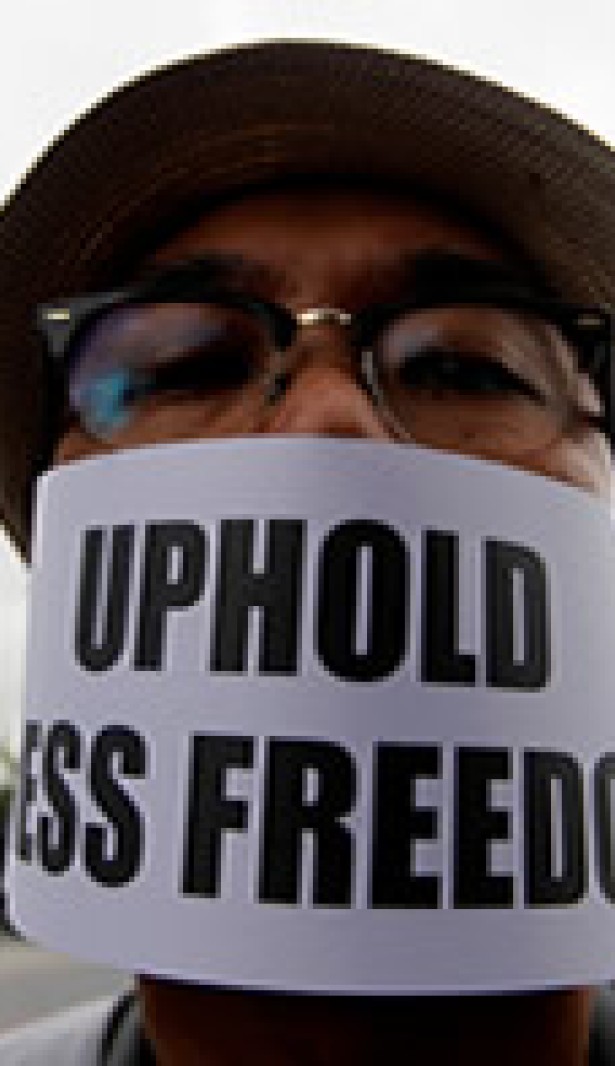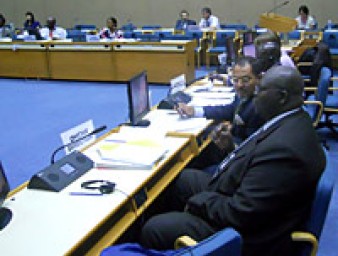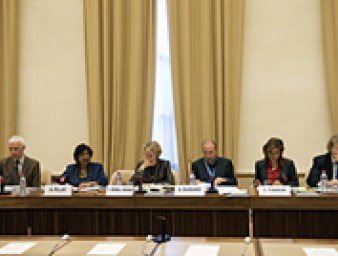Plan to protect journalists reviewed
07 November 2014

It is a dangerous time to be a journalist.
In many countries, journalists and media workers find themselves subjected to intimidation, threats, violence, arbitrary detention, even targeted killings. And reports suggest that the vast majority of perpetrators of serious crimes against journalists never face justice. According to a UNESCO report, less than one in ten killings of journalists between 2007 and 2012 has led to a conviction.
UN High Commissioner for Human Rights Zeid Ra’ad Al Hussein warned that such attacks against journalists and the ensuing impunity result in a chilling effect and have serious negative repercussions on freedom of expression and human rights in general.
“Strong and independent journalism is vital to human rights promotion and protection. It nourishes informed participation in decision making,” he said. “It sheds light in dark corners, helping to reinforce transparent and accountable governing institutions.”
Zeid’s comments were made at the start of an Interagency Meeting on the Safety of Journalists and the Issue of Impunity. The meeting, which took place in Strasbourg, brought together State representatives, civil society and media professionals as well as United Nations agencies and some other international organizations to review the UN Plan of Action on the Safety of Journalists and the Issue of Impunity. The plan, adopted in 2012, aims to create a free and safe environment for journalists and media workers both in conflict and non-conflict situations.
The situation of journalists makes for grim reading. Reports indicate that 2012 and 2013 were among the deadliest years for journalists. According to the latest UNESCO report, “World Trends in Journalism and Media Development”, there is an upward trend in the number of journalists being killed. Nearly 30 percent of the 430 killings that were condemned by UNESCO between 2007 and 2012 occurred in 2012.
“The shocking levels of impunity for attacks against journalists are unacceptable,” Zeid said. “Unfortunately, when States fail to protect journalists – and fail to investigate and prosecute attacks against them – that is usually the result of a choice. Impunity also flows from failures to maintain the rule of law, and general disrespect for human rights.”
On 2 November, the international community marked the first annual International Day to End Impunity for Crimes Against Journalists. At the occasion, UN Special Rapporteur on the promotion and protection of the right to freedom of opinion and expression, David Kaye said States must hold accountable those who commit crimes against journalists.
“Unless potential perpetrators know that their attacks will have legal consequences,” Kaye said, “these instances of violence against journalists will persist. And victims are not only the journalists themselves but also societies as a whole that end up being deprived of critical information.”
In its first implementation phase, the UN Plan of Action has seen projects implemented in countries such as Nepal, Pakistan, South Sudan and Tunisia. Zeid urged participants to examine the Plan’s achievements and challenges with a critical eye, refine and hone it in order to increase the protection of journalists and media workers.
“Every attack on a journalist – every assault, threat or act of spurious administrative or legal vexation – is an attack on us all,” he said.
7 November 2014




